PhD candidate PIDUHIST programme (Portugal)
Former President of YES - Young European Socialists. João is currently working as an advisor to MEP Pedro Silva Pereira in his role as VP of the European Parliament. He enrolled in the PIDUHIST programme - PhD Programme in History - Change and continuity in a global world, by University of Lisbon, ISCTE-IUL, University of Évora and Catholic University of Lisbon.
Master in History, Defence and International Relations, on "Humanitarian Intervention Law - The Genocides in Bosnia and Rwanda", by ISCTE-IUL and the Portuguese Military Academy. Degree in Political Science and International Relations by the New University of Lisbon.
A Progressive Framework for Remote Working: Fairness, Sustainability and Digital Inclusion
This policy brief is an attempt to sketch out the baselines of a new progressive approach towards remote work. An approach that fosters social justice. An approach that takes seriously the promises and perils of digital transformation. Crucially, an approach that is compatible with ecological boundaries. In other words, the fact that proximity does not seem to play as big a role in shaping our world of work as it used to play does not have to go hand in hand with the erosion of workers’ rights. It does not have to exacerbate the worst excesses of digital capitalism. And it does not have to compound the destruction of the planet. These drawbacks are outcomes of political choices – not of natural laws. They are not inevitable.
Across three strategic levels, the policy proposals illustrate that progressives all across Europe have powerful strategies and tools at their disposal to prevent these outcomes: information; institutions; and labour law.
Read the paper:
A Progressive Framework for Remote Working: Fairness, Sustainability and Digital Inclusion
Political Mentor: S&D MEP Brando Benifei
Academic Mentor: Stewart Wood (Lord Wood of Anfield), Chair of the United Nations Association – UK
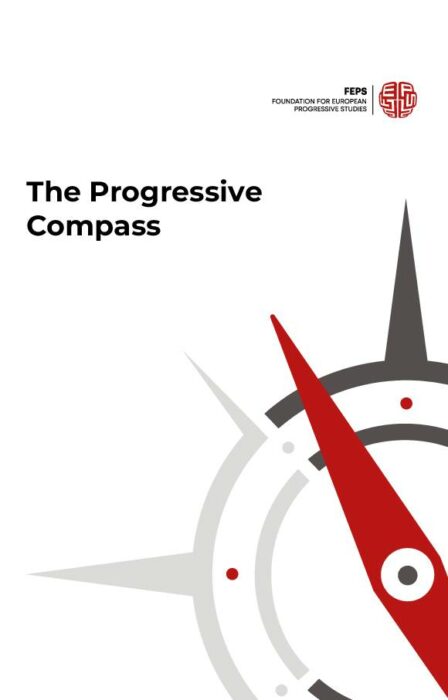
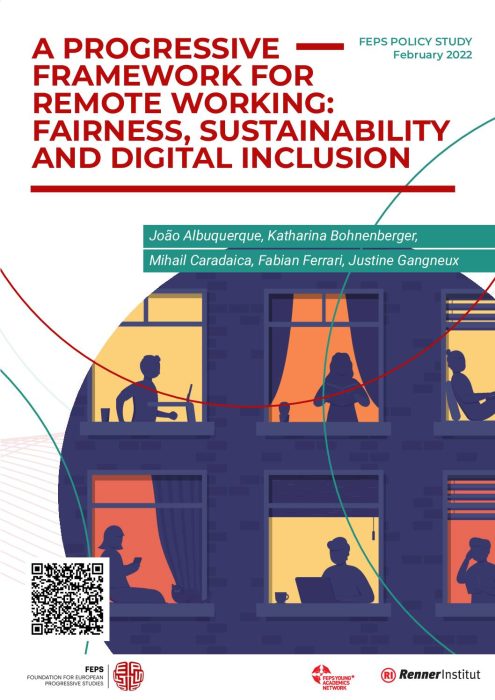
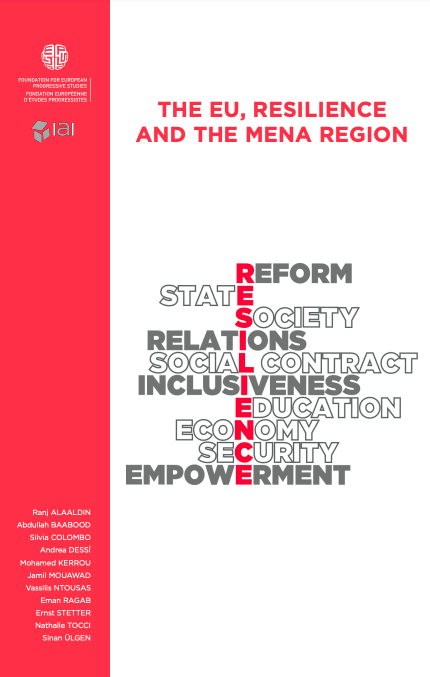
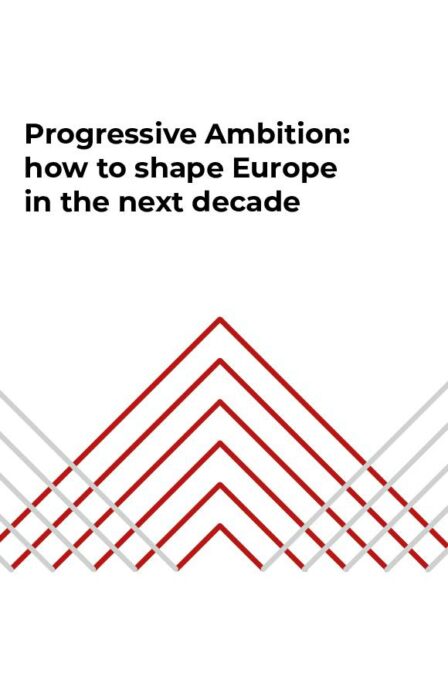
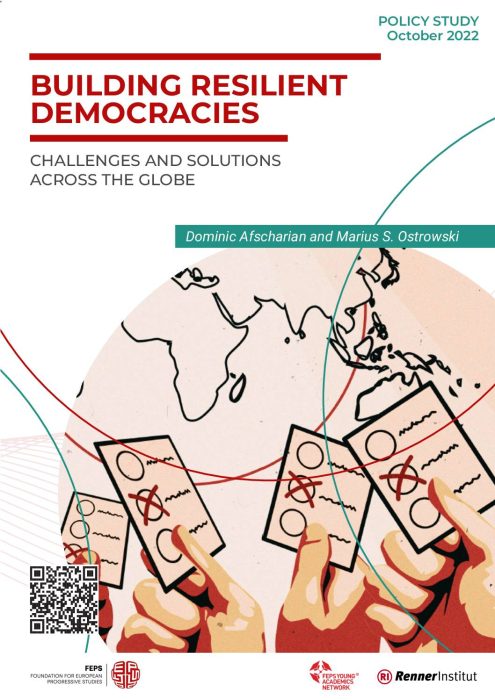
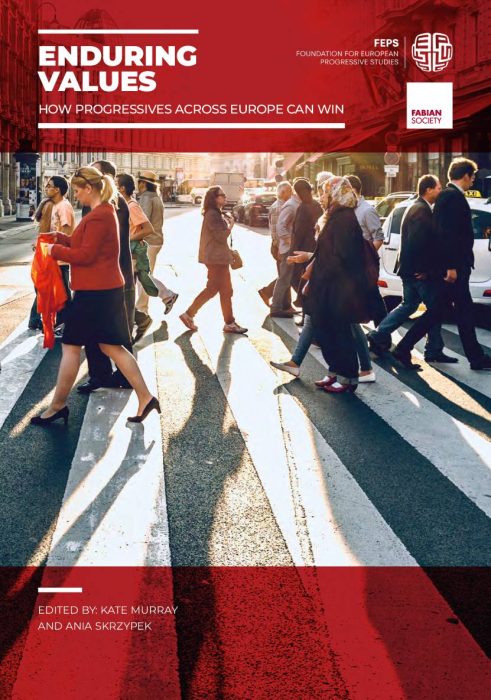
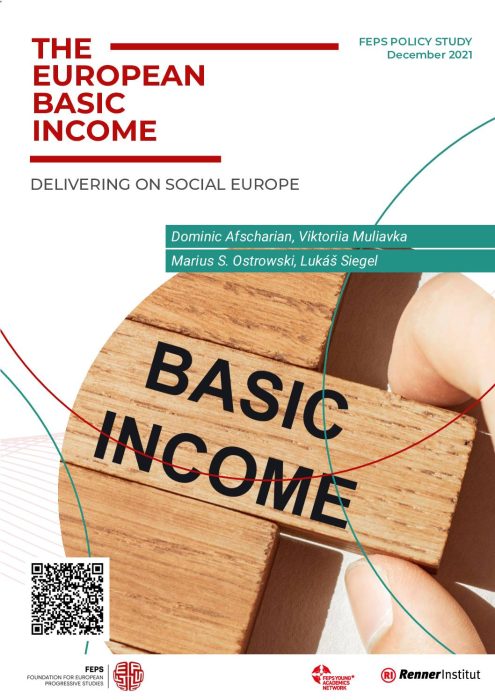
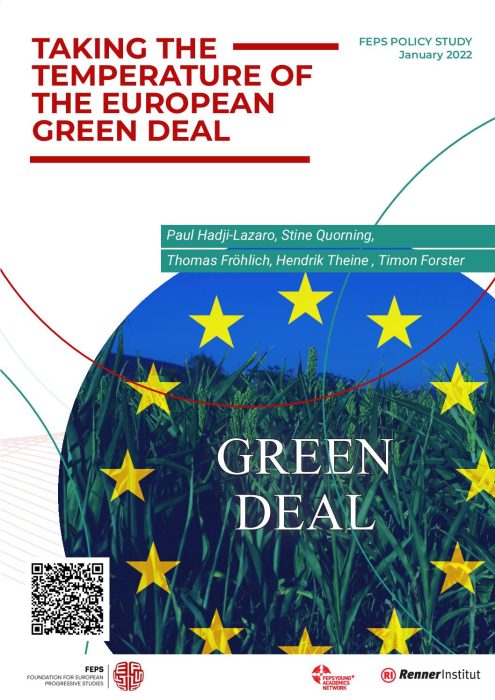
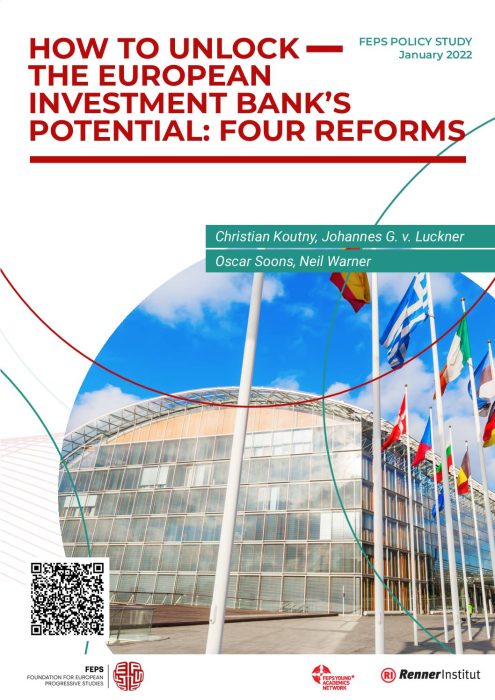
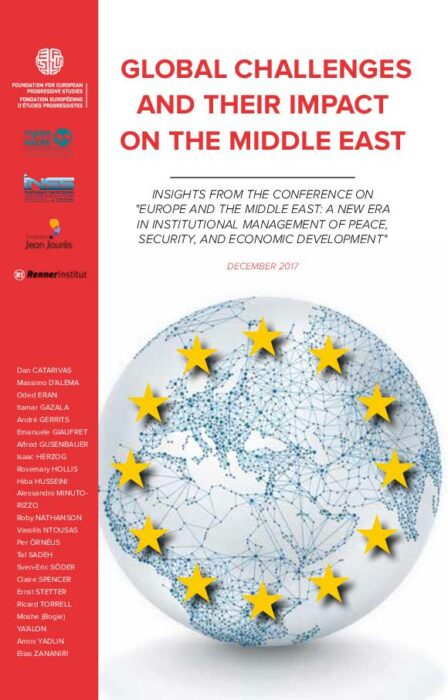
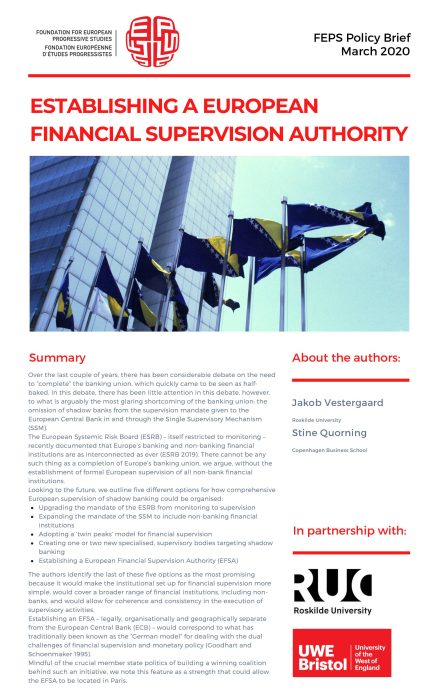
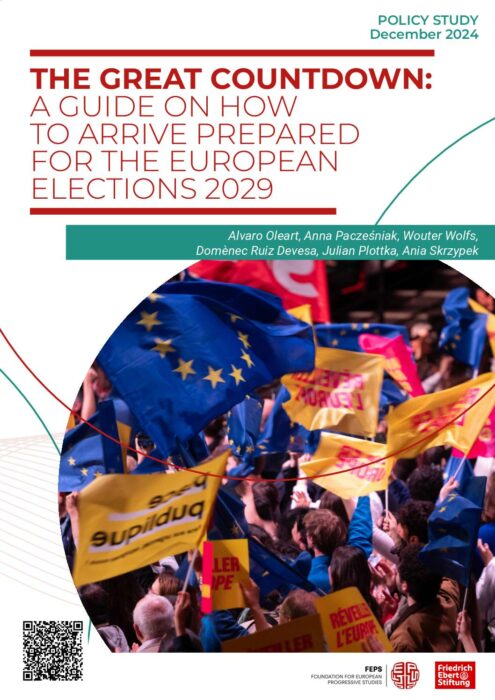
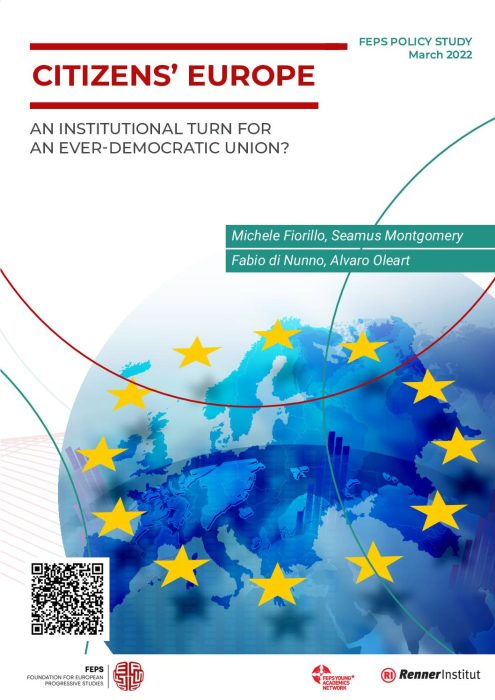
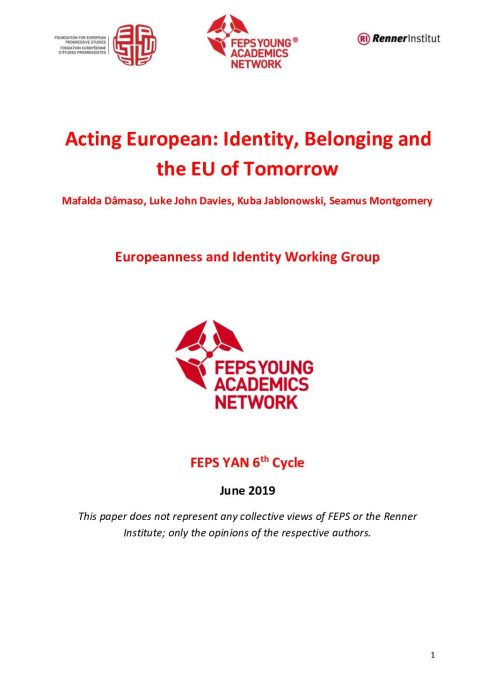
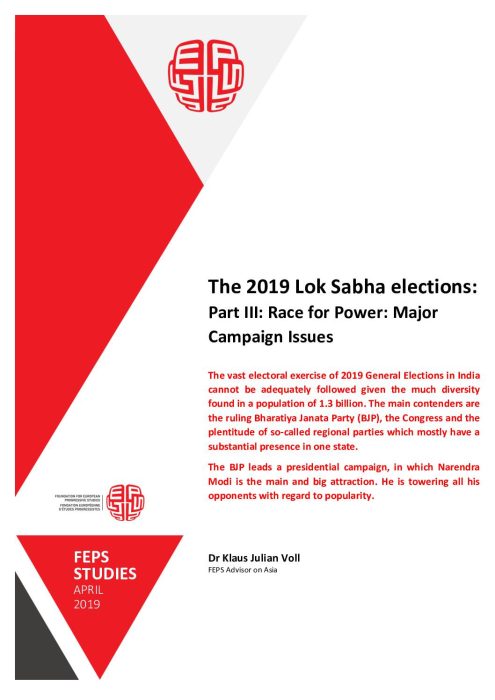
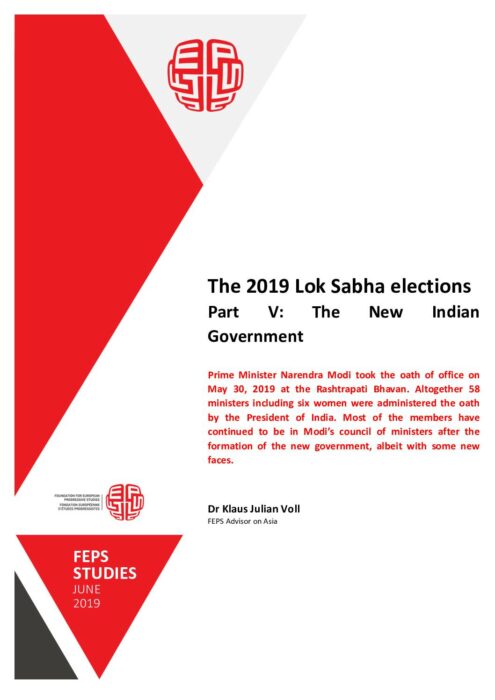
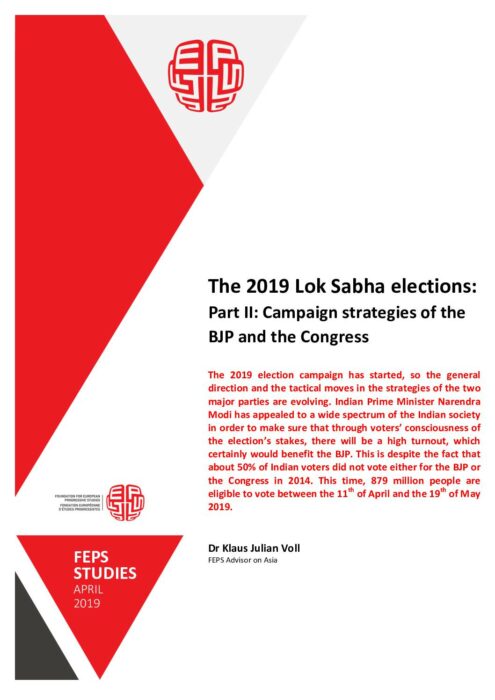
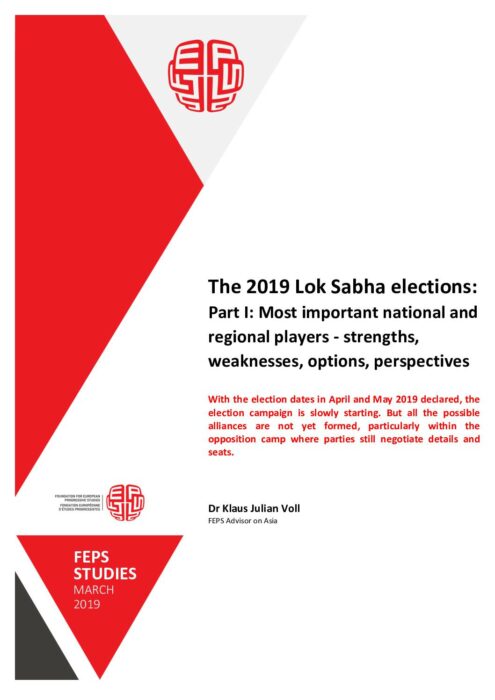
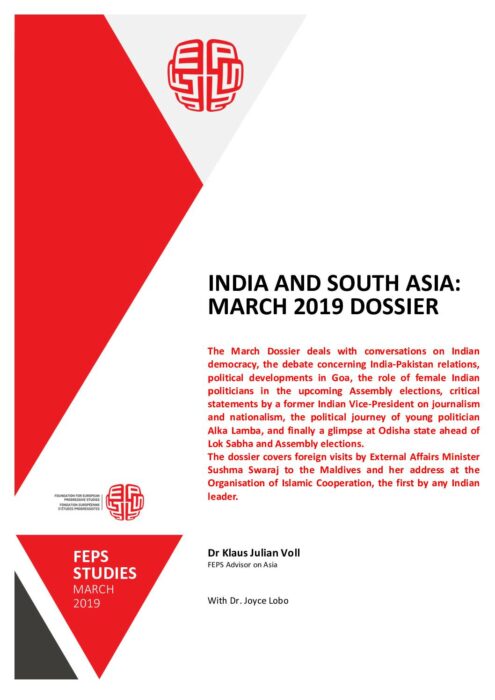
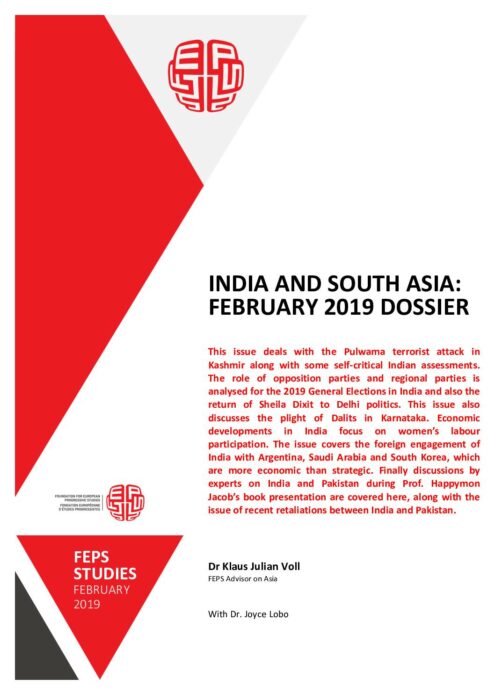
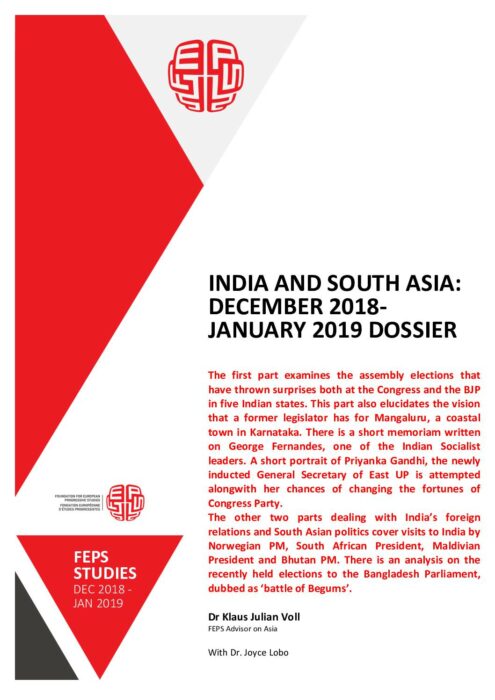
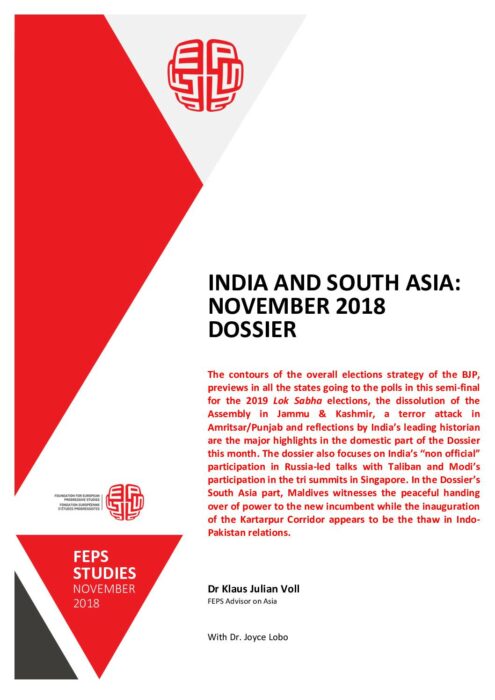
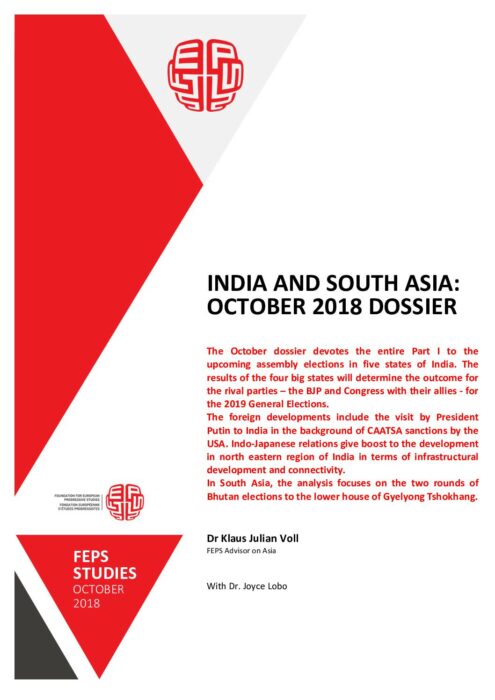
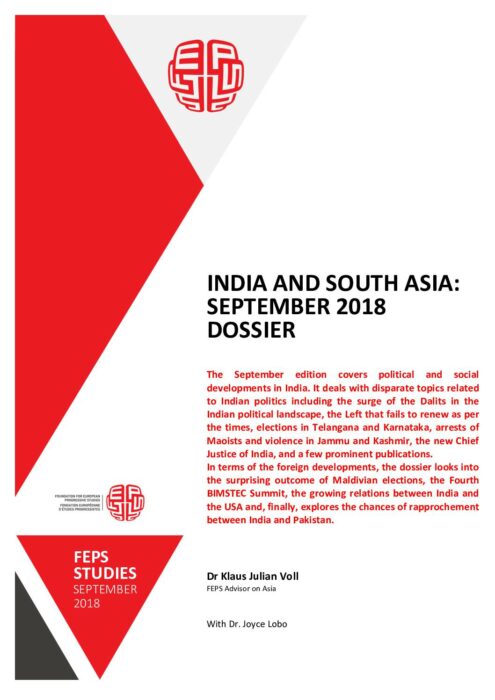
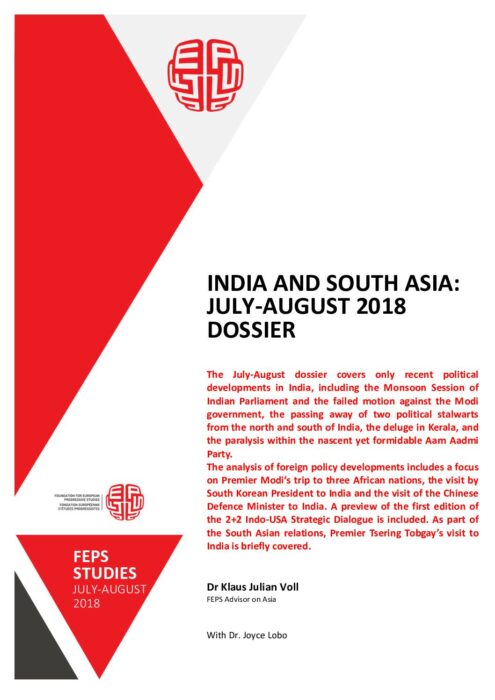
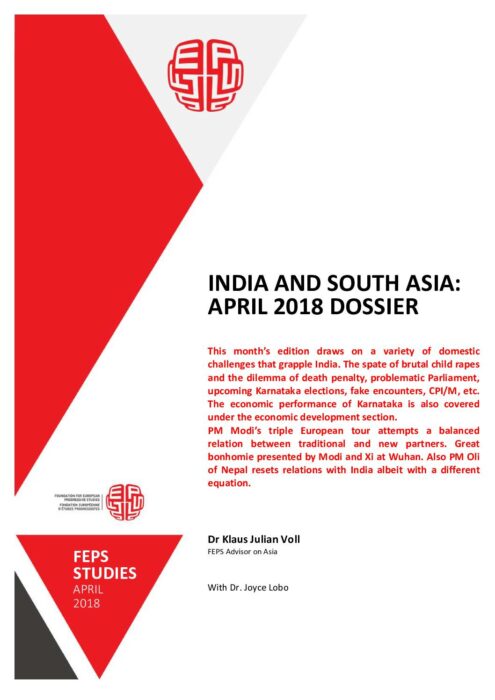

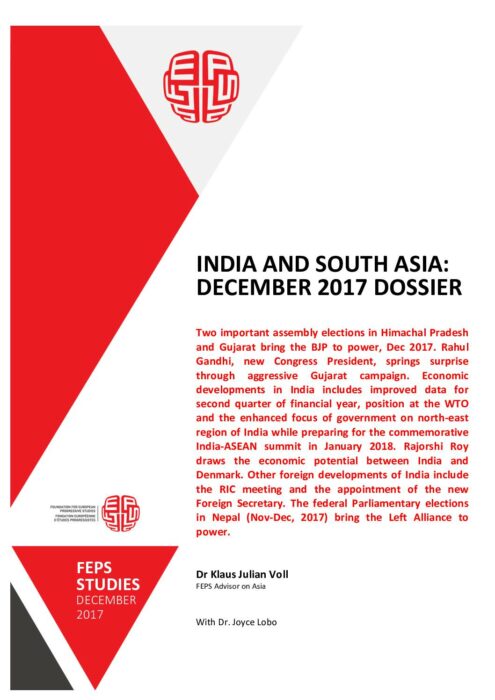
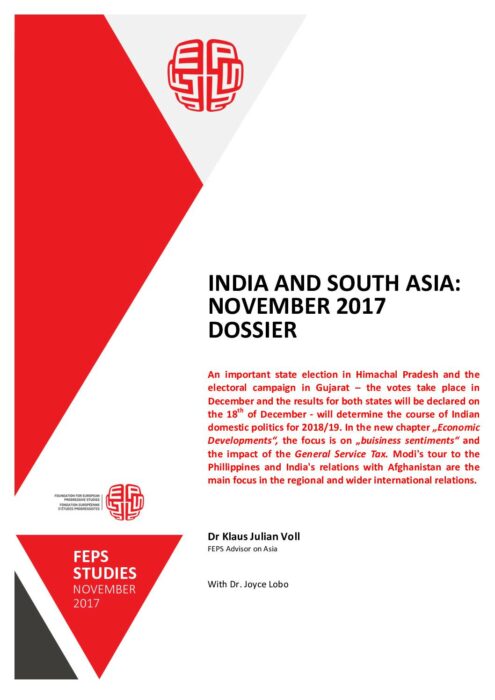
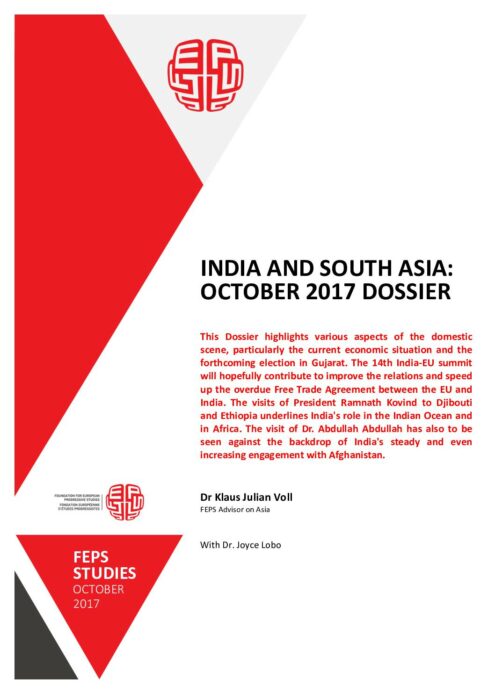
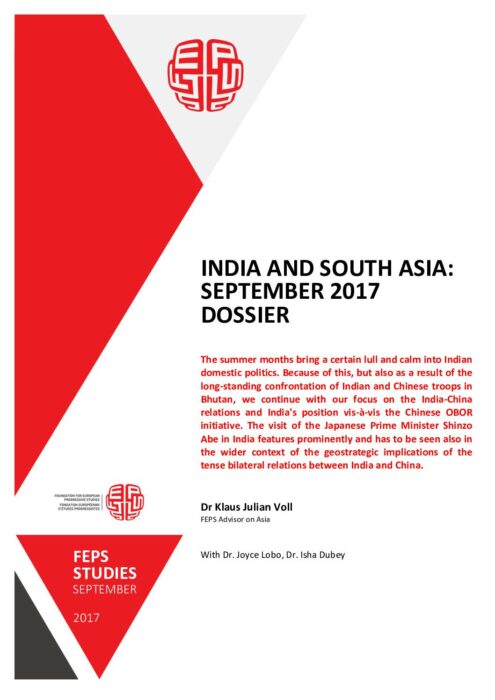
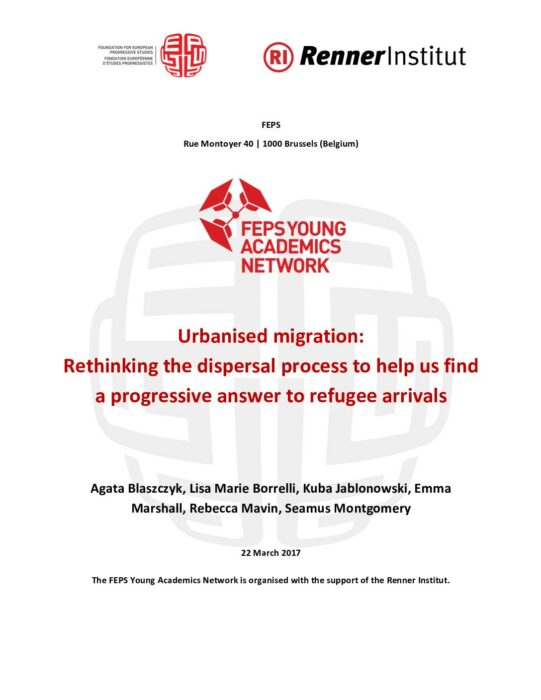

Through its eclectic 20 principles, the European Pillar of Social Rights is an opportunity to break silos and look at social development as the network of challenges that it truly is.
Departing from the rather long history of European social rights, the implementation of the EPSR must follow a holistic approach, identifying synergies with discussions it already hints at in its 20 principles.
In order to contribute to the identification of such synergies, this paper attempts to shed light on three transversal issues that national governments and the European Commission must bear in mind when implementing the EPSR: civil rights; labour relations; and gender equality. The analysis departs from the setting of the current model of welfare state in post-World War II Europe and it ends with the Porto Summit 2021, reflecting on the documents approved and what they can mean for a post-COVID-19 Social Europe.
Read the Paper:
Three ideas for a stronger Social Europe in a post- Covid 19 recovery
Political Mentor: YES Vice President and S&D MEP Alicia Homs
Academic Mentor: Matjaz Nahtigal, Associate professor at the Faculty of Social Sciences, University of Ljubljana